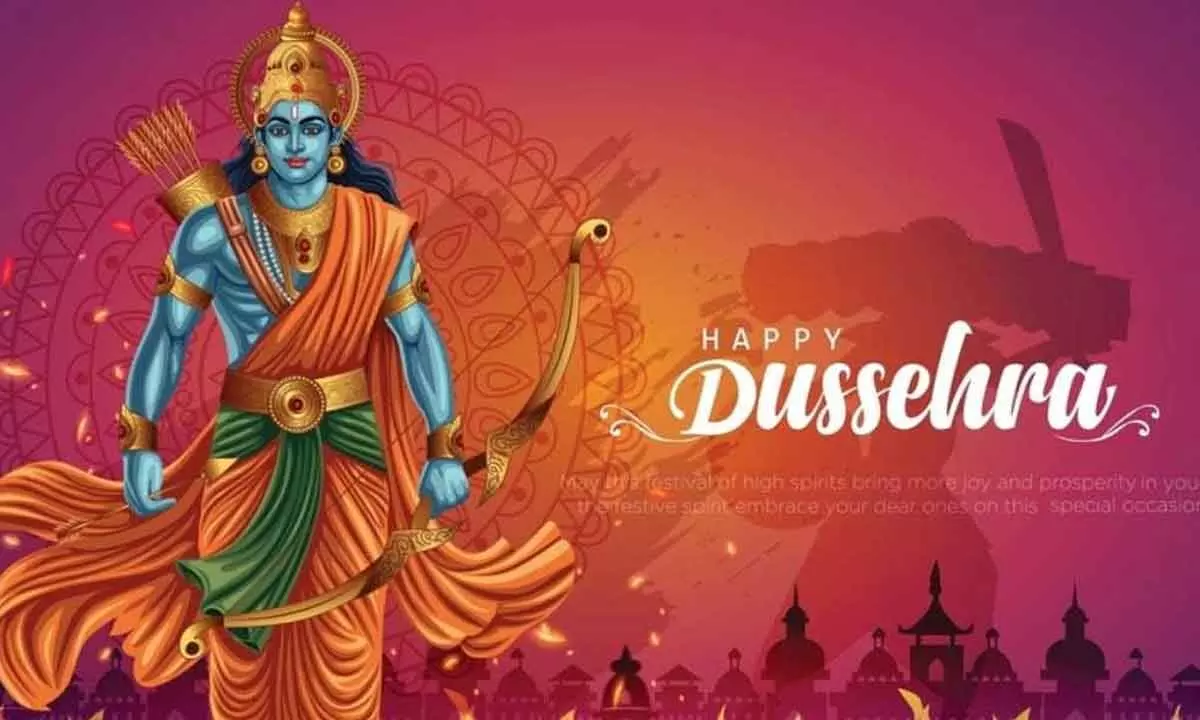Live
- CM A. Revanth Reddy Wishes People on Guru Nanak Jayanti
- Wanaparthy District: On Friday morning, a tourist bus lost control and went into the crop fields on National Highway
- Green buildings essential for sustainable development: Khandre
- Basavanagudi Kadalekai Parishe: Govt gives good news to groundnut traders
- Yanamala blames YSRCP policies for collapse of state economy
- Call to inculcate habit of reading books
- 63% parents give milk to their kids to maintain intake of calcium
- Maoist Leader Manjula Surrenders in Warangal, Receives ₹20 Lakh Reward
- Kartika Purnima celebrations fervour marks Telugu States, devotees flock to shiva shrines
- YSRCP alleges meagre fund allocations for Super Six schemes









